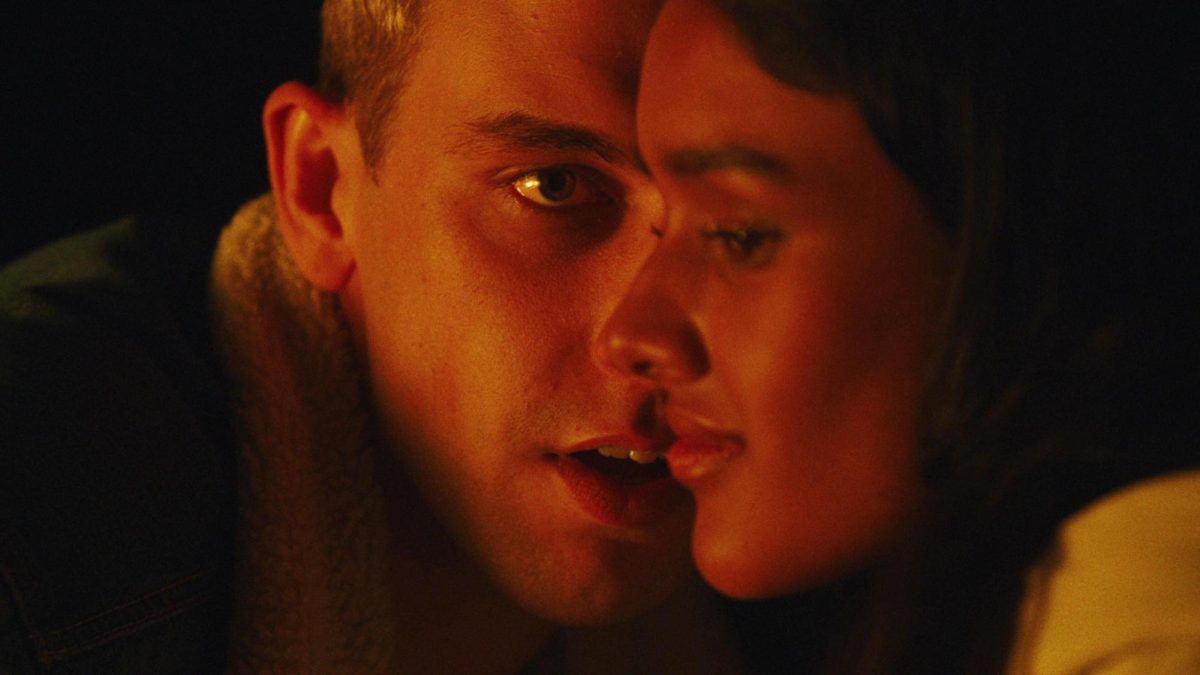TW: This story contains descriptions of drug abuse, sexual assault and eating disorders.
Singer and actress Demi Lovato is a familiar icon from her time on Disney Channel in the early 2010s and from her chart-topping songs. For the first time, Lovato offers vulnerable insight into her 2018 drug overdose and more in “Demi Lovato: Dancing With the Devil,” which premiered at the South by Southwest 2021 Film Festival on Tuesday.
The docuseries consists of four parts and will be released on YouTube in four episodes on March 23. Director Michael Ratner mostly used interviews from Lovato and her close family and friends to chronicle the emotional aspects of her near death experience.
Lovato’s candid confessions are at the heart of this docuseries. She sits in an armchair talking directly to the camera like she’s sharing her secrets with a friend over coffee. She talks about being sexually assaulted as a teenager and feeling fearful to come forward with her story. She talks about the pressure she felt to look and act a certain way and her struggle with the eating disorder bulimia. The conversation is raw, unfiltered and necessary.
These shocking confessions about her overdose and other traumas open a door for conversations about mental health and addiction. Ratner took a nosedive into topics that were once taboo. After hearing the details of Lovato’s addiction to hard drugs and her near death experience, viewers may be reminded about the life-saving power of erasing the stigma around addiction.
Through additional sit-down interviews with Lovato’s friends, viewers get a more thorough understanding of the restrictions on her life leading up to her overdose. The extra interviews serve as a reminder that an addict’s environment also affects their relationship with drugs.
While the interviews in the documentary tell the raw, honest story of Lovato’s overdose, they also show how people see musicians as celebrities first and humans second, even in their lowest moments. In one scene, the real 911 call audio track plays from the morning of Lovato’s overdose, where Lovato’s assistant asked if the ambulance could forgo sirens so as to not draw attention to her house. As viewers listen to the shocked dispatcher say this is a medical emergency for Lovato, they are reminded again of how often fame strips celebrities of their humanity.
Later, the most heartwarming scene of the documentary uses real footage to show Lovato celebrating her 28th birthday with three birthday cakes, something she denied herself during her struggle with her eating disorder.
Lovato’s fans are sure to love this docuseries, as Part IV shows her in the studio recording her new album, Dancing With the Devil: The Art of Starting Over. In a liberating, hopeful scene, Lovato cuts and dyes her hair while her new song “Dancing With the Devil” plays in the background.
While celebrity documentaries have become a new norm, they often examine the same themes, like the pressure of fame. This series stands out from the others by exploring drug addiction, sexual assault and eating disorders. With a new, raw take on a celebrity documentary, audiences will hopefully engage in more conversations about topics that were once taboo.
Rating: 4 out of 5





















